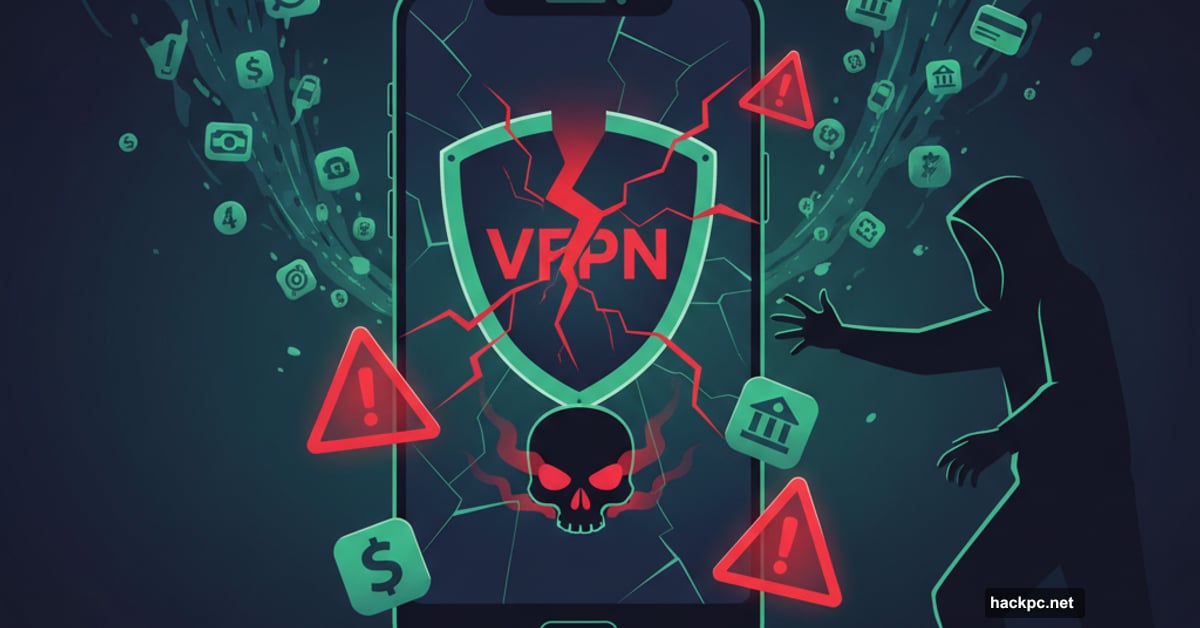
Free VPN apps seem like a smart choice when governments crack down on internet access. But criminals know this. They’re creating fake VPN apps that drain your bank account.
A new malware operation called Klopatra just infected 3,000 devices across Italy and Spain. The hackers disguised their malware as a free VPN called Mobdro Pro IP + VPN. Once installed, it takes complete control of your phone and empties your banking apps.
This isn’t an isolated incident. Security researchers at Kaspersky documented dozens of similar fake VPN apps throughout 2024. Now, with age-restriction laws driving more people toward VPNs, these attacks are accelerating.
The Mobdro Trick: Stealing a Trusted Name
Mobdro was a legitimate IPTV streaming app before Spanish authorities shut it down. So when people see “Mobdro Pro IP + VPN” in app stores, it sounds familiar and trustworthy.
That’s exactly what the hackers wanted. They borrowed the name recognition without any connection to the original app. It’s pure social engineering.
The fake app looks professional. You download it. It shows you an installation wizard. Seems normal. But each step secretly grants the malware deeper access to your device.
By the time you finish “setup,” Klopatra controls your phone completely. It abuses Android’s accessibility services to impersonate you. Then it opens your banking apps and transfers your money out.
How Klopatra Drains Bank Accounts
Once Klopatra infects your phone, it acts fast. The malware specifically targets banking apps installed on your device.
Here’s how it works. Accessibility services in Android help disabled users navigate their phones. Apps can request these permissions to read screen content and perform actions on behalf of users.
Klopatra abuses this feature. It watches everything you do. When you open a banking app, the malware reads your credentials. It learns your patterns. Then it waits for the right moment to strike.
The malware transfers funds while you’re not looking. It can also add your device to a botnet for future attacks. So you become both a victim and an unwitting accomplice.
Security firm Cleafy believes Turkish hackers operate the Klopatra campaign. The group constantly updates its tactics. They watch how people react to streaming restrictions and government censorship. Then they adapt their fake apps to exploit those frustrations.
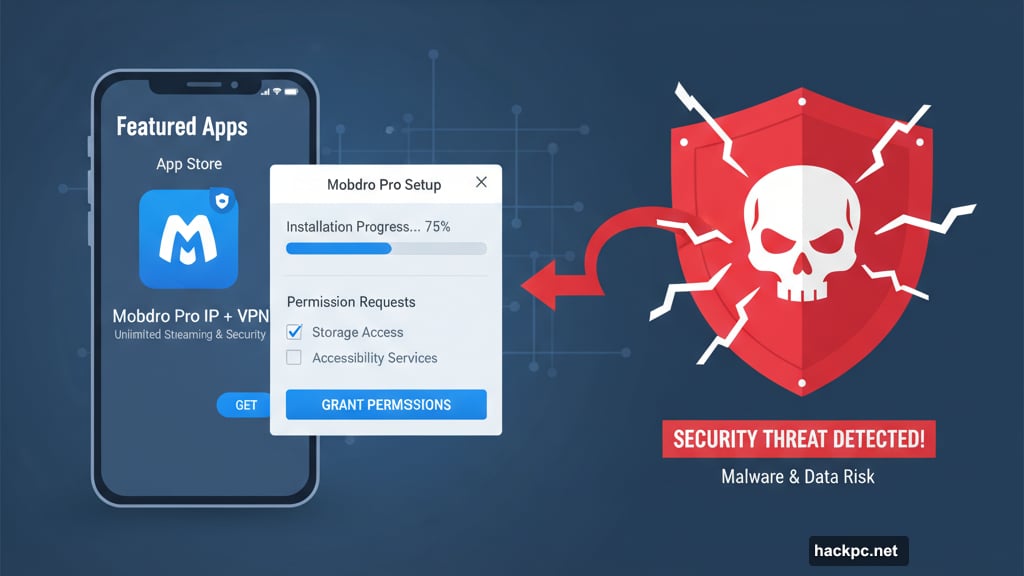
Seven Fake VPNs You Should Avoid
Kaspersky identified multiple malware-infected VPN apps over the past year. These apps looked legitimate in app stores but contained dangerous code.
The known fake VPNs include MaskVPN, PaladinVPN, ShineVPN, ShieldVPN, DewVPN, and ProxyGate. Some stayed available in app stores for months before removal.
App stores struggle to catch these malicious apps quickly. Apple and Google review submissions. But sophisticated hackers know how to slip past automated checks. They sometimes release clean versions first, then push malicious updates later.
That’s why Cleafy expects more copycat operations. Klopatra’s success proves this attack vector works. Other criminal groups will create their own fake VPN malware.
The timing couldn’t be worse. Age-restriction laws just took effect in multiple countries. People suddenly need VPNs to access social media and websites. So they’re downloading the first free VPN they find.
Two Actually Safe Free VPN Options
Not all free VPNs are scams. Two legitimate services offer solid free tiers without malware.
Proton VPN provides unlimited bandwidth on its free plan. The company behind it also makes ProtonMail, a respected encrypted email service. They fund free users through paid subscriptions to premium features.
Hide.me offers 10GB monthly data for free. That’s enough for casual browsing and occasional secure connections. The company operates servers in multiple countries and maintains a strict no-logs policy.
Both services underwent independent security audits. They don’t inject ads or sell your browsing data. And they’re actually designed to protect your privacy, not steal your money.
How to Spot Fake VPN Apps
Before downloading any VPN app, take five minutes to research it. This simple step stops most malware infections.
First, search the VPN name plus “scam” or “malware.” If security researchers flagged it, you’ll find warnings immediately. Check multiple sources. One Reddit complaint might be unfair. Ten security reports mean stay away.
Second, look at the developer information. Legitimate VPN companies maintain websites explaining their service. They list company officers and physical addresses. Scam apps often show minimal developer info or obviously fake company names.
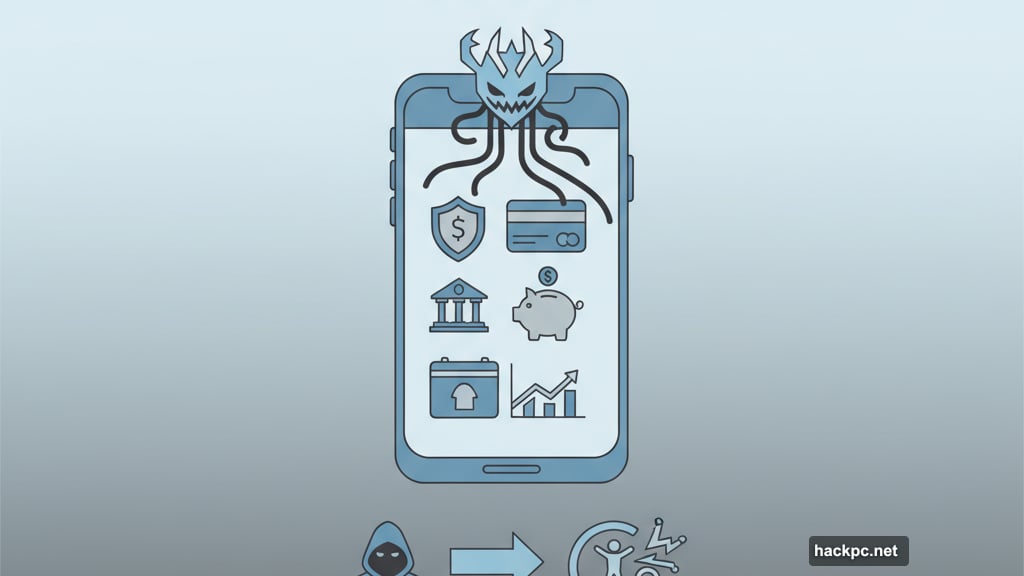
Third, read recent reviews carefully. Fake reviews tend to be generic. Real users mention specific features and problems. If every review is five stars with identical praise, that’s suspicious.
Fourth, check how many downloads the app has. Established VPN services have millions of installs. A “popular” VPN with only a few thousand downloads might be too new to trust.
Finally, avoid VPNs that request excessive permissions. A legitimate VPN needs network access. It doesn’t need permission to read your contacts, access your camera, or control your entire phone.
Why Free VPNs Make Perfect Malware Vectors
Hackers love exploiting VPNs for a simple reason. People download VPNs specifically to bypass restrictions and hide activity. So they’re already expecting unusual behavior from the app.
Plus, VPN apps naturally request elevated permissions. They need to route all your internet traffic through their servers. Users grant these permissions without suspicion because that’s how VPNs work.
The combination creates perfect cover for malware. An app that monitors all network traffic and runs constantly in the background? That’s exactly what a VPN should do. And exactly what malware wants to do.
Add in the current surge in VPN adoption and you have ideal conditions for scammers. Millions of new users need VPNs right now. Many don’t know how to evaluate VPN apps. They just want something free that works.
Cleafy predicts this problem will grow. The malware techniques work. The target audience keeps expanding. And app stores can’t catch everything before release.
Smart VPN Choices in 2025
Free VPNs aren’t inherently evil. But the free VPN market attracts scammers like nothing else.
If you need a VPN immediately, stick with Proton or hide.me. Both offer genuinely free service without hidden malware. They won’t drain your bank account or sell your browsing history.
For serious privacy needs, consider paying for a VPN. Services like Mullvad or IVPN cost around $5 monthly. That small investment buys you better security, faster speeds, and companies that don’t need to monetize you through shady means.
And always research before downloading. Five minutes of checking could save you thousands in stolen funds. Because that “free” VPN app might cost you everything in your bank account.
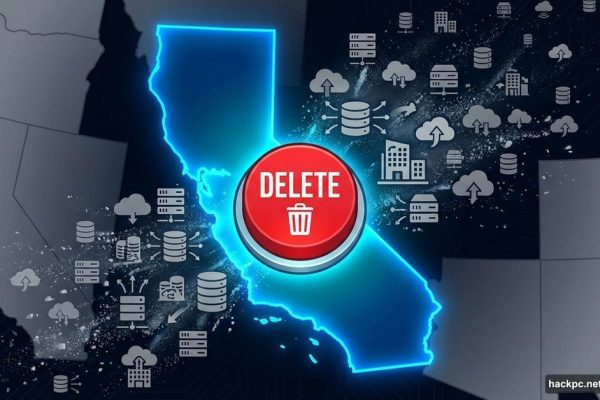
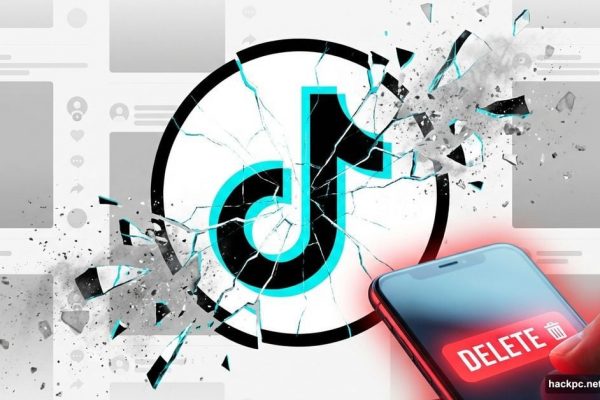
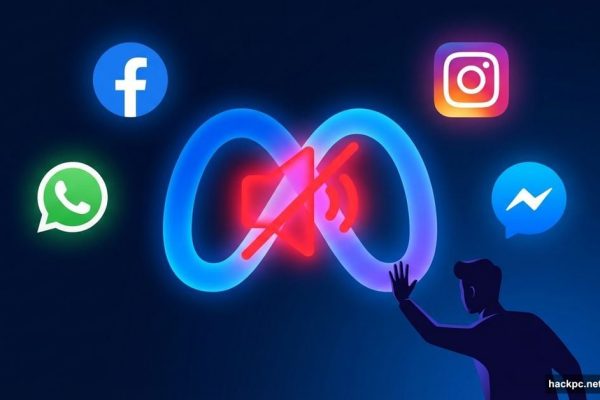
Comments (0)